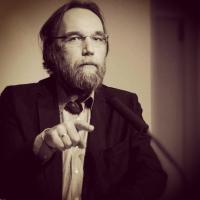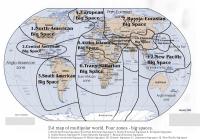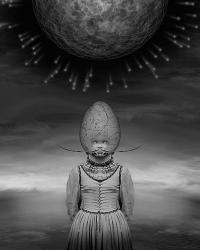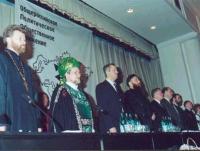Civilization as political concept
Problems stemming from the West during the “unipolar moment” has led many to say that this “moment” is over, that he could not yet be a “destiny” of humanity.That is, a “unipolar moment” should be interpreted very broadly – not only geopolitical, but also ideologically, economically, axiologically, civilization wide. The crisis of identity, about which you ask, has scrapped all previous identities – civilizational, historical, national, political, ethnic, religious, cultural, in favor of a universal planetary Western-style identity – with its concept of individualism, secularism, representative democracy, economic and political liberalism, cosmopolitanism and the ideology of human rights.Instead of a hierarchy of identities, which have traditionally played a large role in sets of collective identities, the “unipolar moment” affirmed a flat one-dimensional identity, with the absolutization of the individual singularity. One individual = one identity, and any forms of the collective identity (for example, individual as the part of the religious community, nation, ethnic group, race, or even sex) underwent dismantling and overthrow. Hence the hatred of globalists for different kind of “majorities” and protection of minorities, up to the individual.
The Uni-polar Democracy of our moment - this is a democracy, which unambiguously protects the minority before the face of the majority and the individual before face of the group. This is the crisis of identity for those of non-Western or non-modern (or even not “postmodern”) societies,since this is where customary models are scrapped and liquidated. The postmodern West with optimism, on the contrary, asserts individualism and hyper-liberalism in its space and zealously exports it on the planetary scale.






